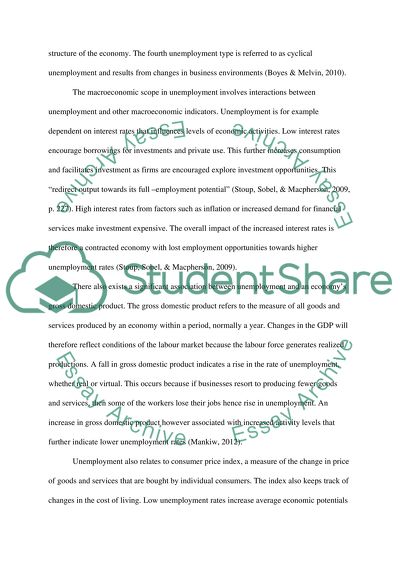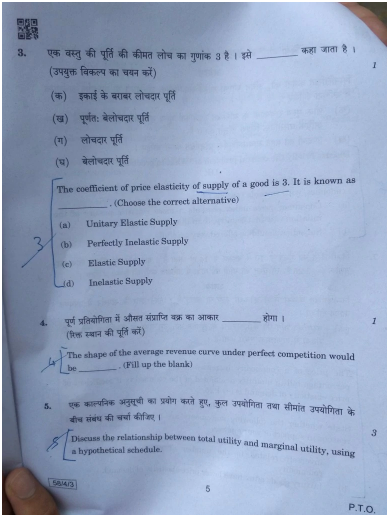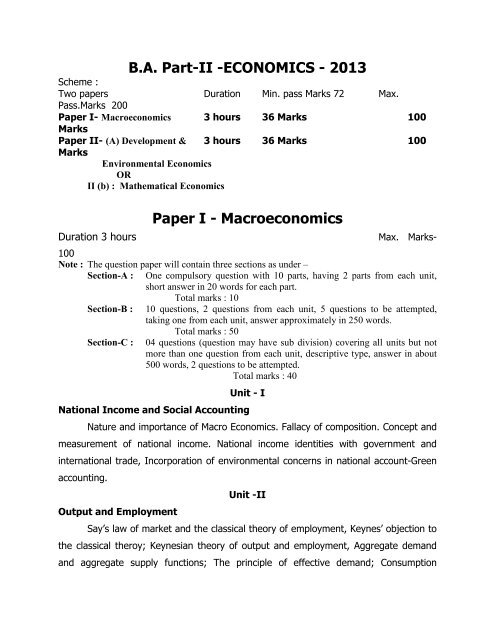Macroeconomics is the study of the overall performance and behavior of an economy, including the behavior of economic indicators such as gross domestic product (GDP), inflation, unemployment, and trade balances. It is concerned with the aggregate behavior of the economy and how it is affected by changes in government policy, international trade, and other factors.
One of the key concepts in macroeconomics is GDP, which measures the total value of all goods and services produced in an economy over a given period of time. GDP is often used as a measure of the size and health of an economy, with higher GDP generally indicating stronger economic growth.
Inflation is another important concept in macroeconomics. It refers to the general rise in prices of goods and services over time, and is often measured by the consumer price index (CPI). Inflation can be caused by a variety of factors, including increases in the cost of raw materials, increases in the cost of labor, and increases in the supply of money.
Unemployment is also an important economic indicator, and is typically measured by the percentage of the labor force that is not currently employed. High unemployment can be a sign of a weak economy, while low unemployment is often seen as a sign of a strong economy.
Trade balances, or the difference between a country's imports and exports, are another key focus in macroeconomics. A country with a positive trade balance (exports greater than imports) is generally seen as having a strong economy, while a negative trade balance (imports greater than exports) can indicate economic weakness.
Macroeconomic policy is the use of government policy to influence the overall performance of an economy. This can include monetary policy, which involves the manipulation of interest rates and the money supply, and fiscal policy, which involves the use of government spending and taxation to influence economic activity.
In conclusion, macroeconomics is the study of the overall performance and behavior of an economy, including key indicators such as GDP, inflation, unemployment, and trade balances. It also involves the use of policy to influence the performance of the economy. Understanding these concepts is crucial for policymakers, businesses, and individuals as they make economic decisions that can impact the overall health of the economy.








